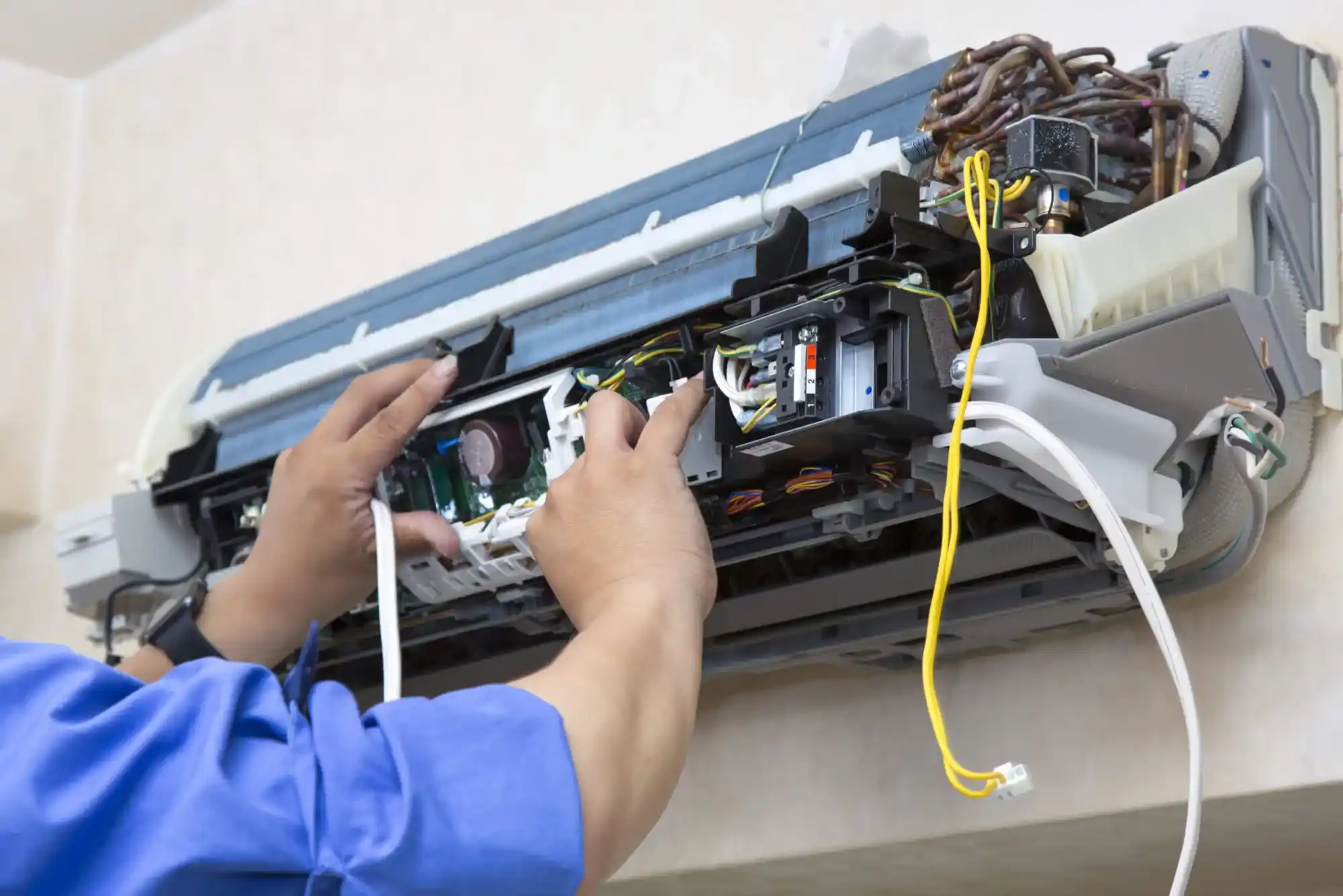Delhi, India, is a bustling hub for events, from weddings and corporate functions to concerts and festivals. The demand for high-quality audio equipment has surged, making live sound engineering a promising business opportunity. Starting a live sound rental business in Delhi, India, requires careful planning, market understanding, and a passion for delivering exceptional audio experiences. This article outlines actionable steps to establish a successful venture in live sound engineering in Delhi, India, covering market research, equipment selection, legal requirements, marketing, and growth strategies.
Step 1: Research the Market
Before diving into live sound engineering, understanding Delhi’s event landscape is crucial. The city hosts thousands of events annually, including weddings, cultural festivals like Diwali, and corporate events. Research competitors to identify gaps in the market. For instance, some businesses may focus on budget setups, while others cater to premium events. Analyze customer preferences—event organizers often prioritize reliability, sound clarity, and professional service. Visit event venues like banquet halls in South Delhi or open-air spaces in Gurgaon to assess their audio needs. Networking with event planners and DJs can provide insights into demand for live sound engineering in Delhi, India.
Step 2: Create a Business Plan
A solid business plan is the backbone of your live sound rental business. Outline your mission, target market, and financial projections. In Delhi, your target clients could include wedding planners, corporate event organizers, and music festival producers. Estimate startup costs, including equipment, transportation, and marketing. A basic setup might cost ₹5-10 lakhs, depending on the quality and quantity of equipment. Include a pricing strategy—rental rates in Delhi typically range from ₹10,000 for small events to ₹1 lakh for large concerts. Factor in operational costs like maintenance and staff salaries. A clear plan helps secure funding from banks or investors.
Step 3: Invest in Quality Equipment
The heart of live sound engineering lies in reliable, high-quality equipment. Start with essentials: speakers, mixers, microphones, amplifiers, and cables. Brands like JBL, Yamaha, and Shure are popular in Delhi for their durability and performance. For example, a pair of JBL SRX800 speakers costs around ₹2-3 lakhs but delivers superior sound for large venues. Consider versatile equipment suitable for various events, from intimate gatherings to outdoor festivals. Renting a warehouse in areas like Okhla or Noida for storage is cost-effective, with monthly rents averaging ₹20,000-50,000. Ensure regular maintenance to avoid disruptions during events.
Step 4: Navigate Legal Requirements
Starting a business in Delhi requires compliance with legal regulations. Register your business as a sole proprietorship, partnership, or private limited company, depending on your scale. Obtain a GST registration, mandatory for businesses with annual turnover above ₹20 lakhs. Secure necessary licenses, such as a trade license from the Municipal Corporation of Delhi (MCD) and a fire safety certificate for equipment storage. If you plan to offer live sound engineering services alongside rentals, consider joining the Indian Event and Entertainment Industry Association for credibility. Consult a local chartered accountant to ensure compliance with tax laws.
Step 5: Build a Skilled Team
Live sound engineering in Delhi, India, demands technical expertise and professionalism. Hire trained sound engineers familiar with equipment like digital mixers and wireless systems. A team of 3-5 members, including engineers and setup crew, is sufficient for small to medium events. Offer training to ensure your team can handle diverse setups, from corporate seminars to live concerts. In Delhi, experienced sound engineers charge ₹5,000-15,000 per event, so budget accordingly. A reliable team enhances your reputation and ensures client satisfaction.
Step 6: Develop a Marketing Strategy
Effective marketing sets your business apart in Delhi’s competitive market. Create a professional website showcasing your equipment, past events, and client testimonials. Optimize it for keywords like “live sound engineering” to attract local searches. Leverage social media platforms like Instagram and Facebook to share event photos and videos, targeting event planners and corporate clients. Offer introductory discounts or bundle packages to attract first-time customers. Networking is key—attend industry events like the PALM Expo in Delhi to connect with potential clients. Partnering with event management companies can lead to consistent bookings.
Step 7: Provide Exceptional Customer Service
In live sound engineering, reliability and customer satisfaction are paramount. Ensure timely delivery and setup of equipment, as delays can tarnish your reputation. Offer on-site technical support during events to address issues promptly. For example, during a wedding in a Delhi banquet hall, a sound engineer should be present to adjust audio levels for speeches and performances. Follow up with clients post-event to gather feedback and build long-term relationships. Satisfied clients are likely to recommend your services, driving word-of-mouth referrals in Delhi’s close-knit event industry.
Step 8: Scale Your Business
Once established, explore opportunities to grow your live sound rental business. Expand your inventory to include lighting and staging equipment, as many clients prefer all-in-one solutions. Target larger events like music festivals or corporate conferences, which require advanced setups and generate higher revenue. Consider offering training workshops for aspiring sound engineers, creating an additional income stream. Expanding to nearby cities like Gurgaon or Noida can tap into growing markets. Reinvest profits to upgrade equipment and stay competitive in the evolving field of live sound engineering.
Challenges and Solutions
Starting a live sound rental business in Delhi comes with challenges. High competition requires differentiation through quality and service. Equipment theft or damage is a risk—invest in insurance and secure storage. Unpredictable weather, especially during monsoons, can affect outdoor events; offer waterproof covers and backup power solutions. Building a client base takes time, so focus on delivering consistent quality to earn trust.
Financial Projections
Initial investment: ₹5-10 lakhs (equipment, storage, marketing).
Monthly expenses: ₹1-2 lakhs (rent, salaries, maintenance).
Potential revenue: ₹50,000-₹5 lakhs per month, depending on event frequency and scale.
Break-even point: 6-12 months with 5-10 events monthly.
Why Delhi?
Delhi’s event industry is thriving, with a growing demand for professional audio solutions. The city’s mix of traditional and modern events creates diverse opportunities for live sound engineering in Delhi, India. With strategic planning and dedication, your business can become a go-to name in the industry.
Conclusion
Launching a live sound rental business in Delhi requires research, investment, and a customer-centric approach. By understanding the market, investing in quality equipment, and delivering exceptional service, you can build a profitable venture in live sound engineering. Start small, focus on reliability, and scale strategically to succeed in Delhi’s dynamic event scene.





